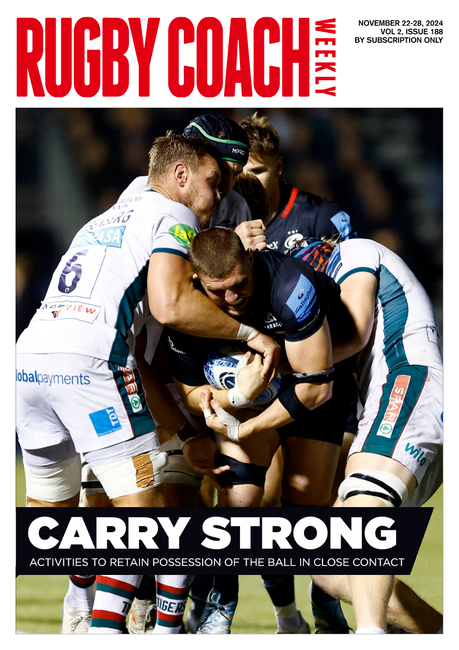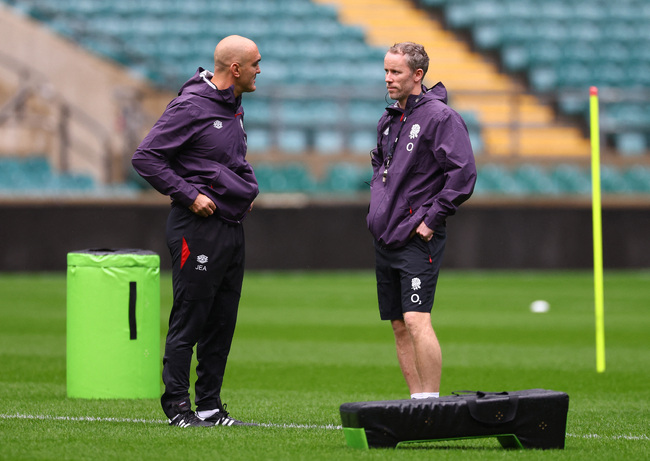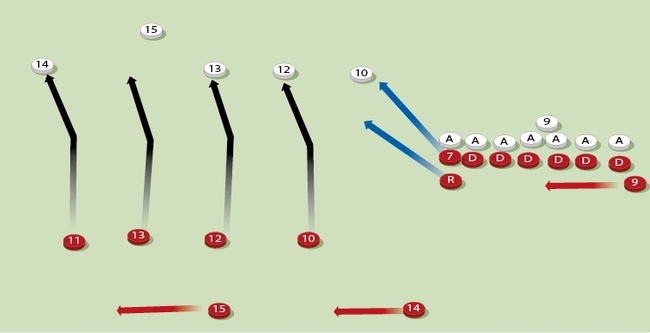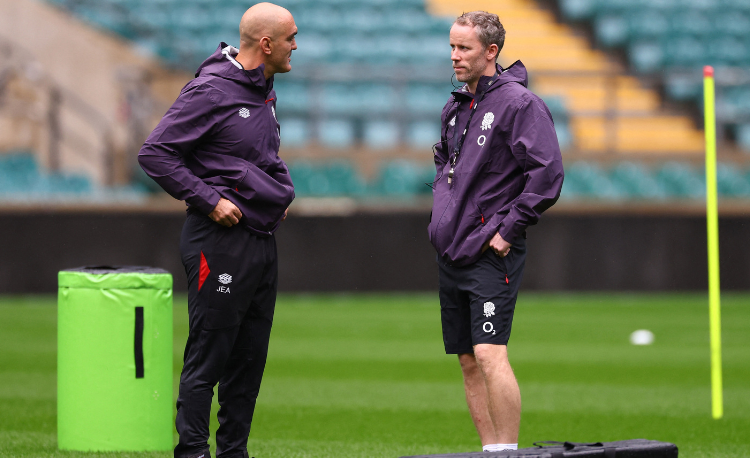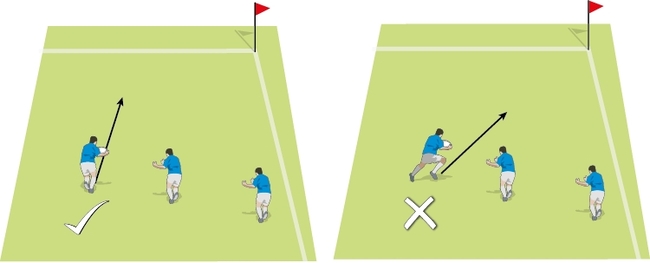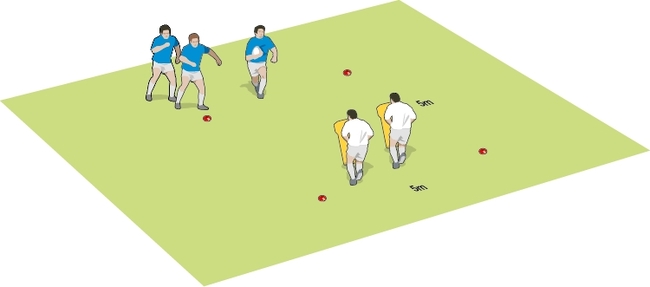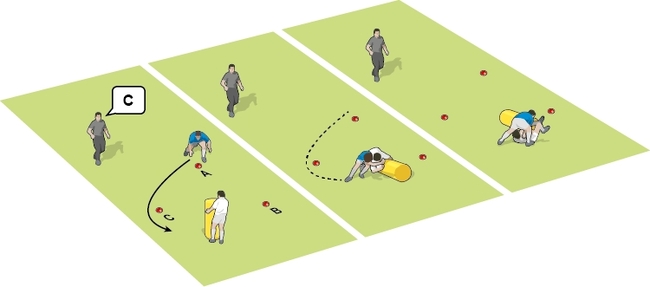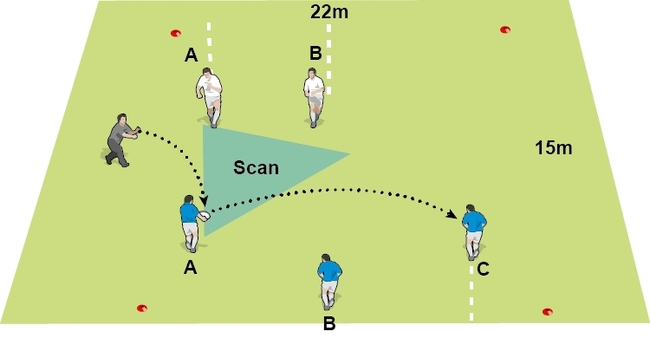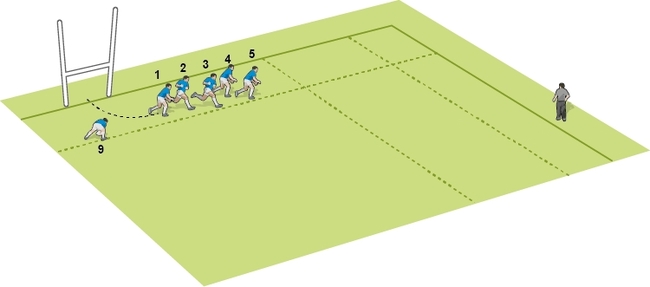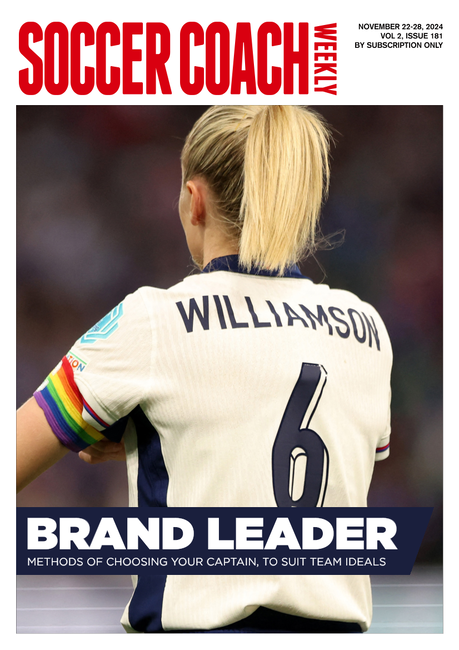Sassy sessions – dynamic and fun
If you’re enjoying your session, it’s pretty likely the players will be as well. Here’s how to make it happen for you...
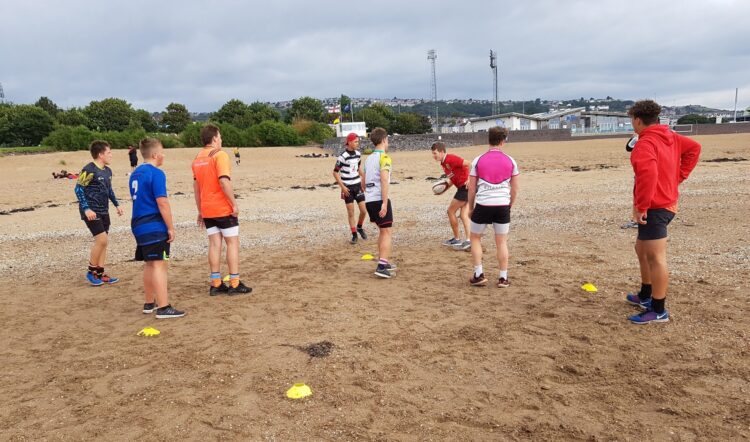
If you’re enjoying your session, it’s pretty likely the players will be as well.
Here’s how to make it happen for you...
SIMPLE FOCUS FOR THE SESSION
Don’t try to cover too much. Focus on “processes” and not “outcomes”. The process is the method of achieving an outcome. For example, “We want to improve our handling today, so we will focus on how we follow through our hands to the receiver”. If the outcomes aren’t brilliant, at least you know you have covered the process.
Now, you will be happy that you’ve succeeded in that session.
PLAY GAMES
Don’t make a game a reward for "working hard at the skills". Make it an integral part of the session. Start with a game, end with a game, and try to use different games to improve skills and tactics.
Players love playing games, and the competition is fun. You can feed off that energy.
SPEAK LESS, WATCH MORE
Let the players discover the game for themselves. Say less. The more you speak, the less they do.
Watch what they are doing and enjoy their successes. When you do speak, talk with energy, praise where necessary and challenge them for ways to improve.
DON’T FRET THE MISTAKES
Ideally, we learn through making 60% mistakes to 40% success. Enough of a balance to encourage us, yet still make us think about improving. If the players are making mistakes, see that as a positive. If they are making too many mistakes, adjust, adapt or stop.
ENGAGE THE PLAYERS AT THE RIGHT LEVEL
Respect the players and they will respect you.
No one loves a smarty-pants. Don’t be sarcastic.
Praise good play. Really praise good effort.
Laugh at the ridiculous. Share the humour, don’t be the joker. In that way, the players will see you as someone who’s there to help them.
TOP TIPS
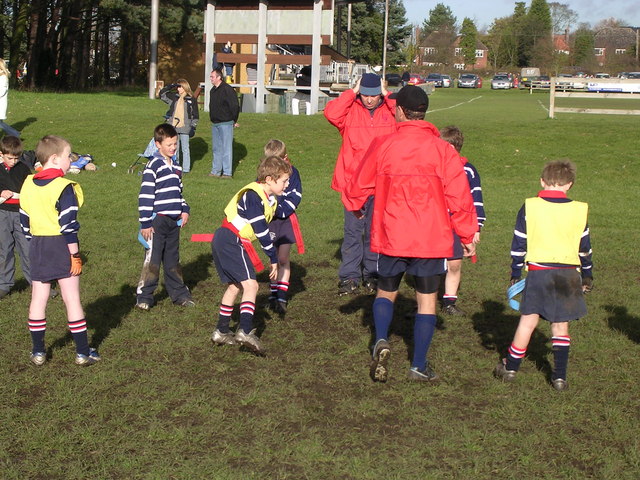
- Enjoy your sessions by keeping your focus simple and letting the players enjoy what they want to do.
- Remember that players’ mistakes are an important part of their learning process.
- Respect the players and what they want to achieve. In return, they will respect you and value you.
HOW TO DIVIDE UP GROUPS QUICKLY
The line
Line up the players and then go along the line giving them a number 1,2,3 or 4 (or whatever number of teams you have).
Ask the players to get into groups of four and give themselves a number each, 1,2 ,3 or 4. This is often a good way to split up friendship groups.
If there are more in some groups, they simply play with an overload – lucky them. You don’t want players standing on the sidelines.
After a couple of games, if some teams are much better, then swap players around.
The friendship group break up
Ask the players to get into groups of four (if you need four teams for example). You can make these players that play in a similar position.
Have the players decide on a letter each from A to D.
Shout out each letter and ask for a hand to be put up so you can check each group has allocated their letters.
Then ask As to go to one part of the field, Bs to another and so on. You are splitting up potential friendship groups because players initially go with their mates.
The bibs handout
As the players arrive at training, give them a coloured bib.
If you have an equal number of bibs of various colours to start with, you pass them out as the players gather, hopefully making some decisions on who to mix into what team.
Then run training as normal, splitting into those groups when required.
Related Files
Newsletter Sign Up
Coaches Testimonials

Gerald Kearney, Downtown Las Vegas Soccer Club

Paul Butler, Florida, USA

Rick Shields, Springboro, USA

Tony Green, Pierrefonds Titans, Quebec, Canada
Subscribe Today
Be a more effective, more successful rugby coach
In a recent survey 89% of subscribers said Rugby Coach Weekly makes them more confident, 91% said Rugby Coach Weekly makes them a more effective coach and 93% said Rugby Coach Weekly makes them more inspired.
Get Weekly Inspiration
All the latest techniques and approaches
Rugby Coach Weekly offers proven and easy to use rugby drills, coaching sessions, practice plans, small-sided games, warm-ups, training tips and advice.
We've been at the cutting edge of rugby coaching since we launched in 2005, creating resources for the grassroots youth coach, following best practice from around the world and insights from the professional game.


